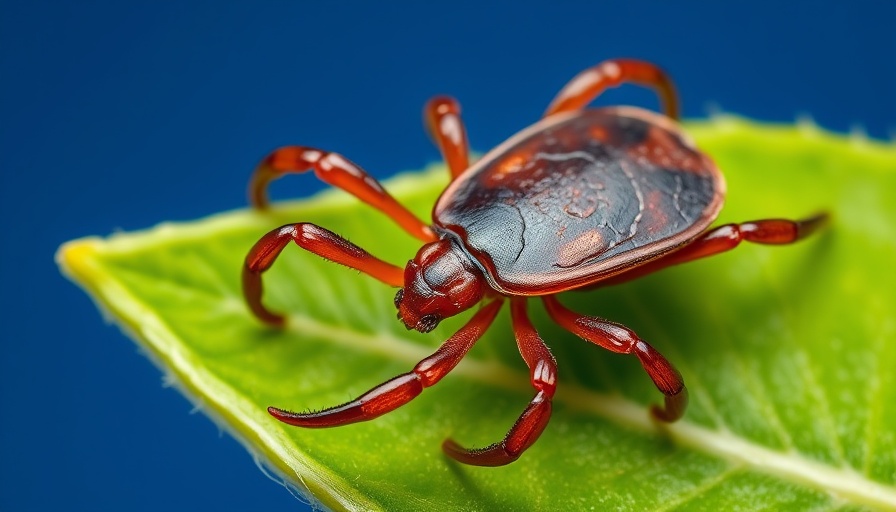
Exploring Genetic Solutions for Lyme Disease on Nantucket
Nantucket, a picturesque Massachusetts island, has found itself at the forefront of a groundbreaking scientific endeavor. With Lyme disease affecting over 15% of its residents, researchers have turned to gene editing in wild animals as a potential solution. Led by MIT scientist Dr. Kevin Esvelt, the team is utilizing CRISPR technology to genetically modify mice, producing a strain that is resistant to Lyme disease, thereby hindering its transmission from ticks.
The Science Behind Gene Editing
Using CRISPR, scientists can inject antibodies directly into a mouse's DNA, making it less susceptible to Lyme disease. The edited mice can pass this immunity to their offspring, creating a genetically modified population that can significantly disrupt the cycle of disease transmission. Dr. Esvelt believes this could be a revolutionary approach to controlling Lyme disease, effectively speeding up the process of natural evolution to prevent human suffering.
Community Concerns and Ecological Impact
While the scientific ambition is compelling, community members in Nantucket are expressing concerns regarding the ecological ramifications. Gene editing bears a host of implications for local wildlife ecosystems. There are worries about unintended consequences, such as disruptions to the food chain that the modified mice inhabit. Discussions during town halls have led residents to call for additional testing to gauge the ecological effects before moving forward with any field trials.
The Road Ahead: Balancing Innovation and Caution
Before any gene-edited mice are released into the wild, federal and state regulatory bodies must assess the project’s safety and potential ecological impacts. The upcoming small field trials aim to provide essential data that can inform regulators and community members alike. As hunting seasons draw nearer, understanding the balance between innovative solutions and ecological preservation will be crucial.
As this story unfolds, we want to hear from you: Would you support gene editing in wild animals to prevent disease? Join the conversation and share your thoughts on this transformative scientific approach to public health.
 Add Row
Add Row  Add
Add 




Write A Comment